Monday, 22 April 2024
Menu
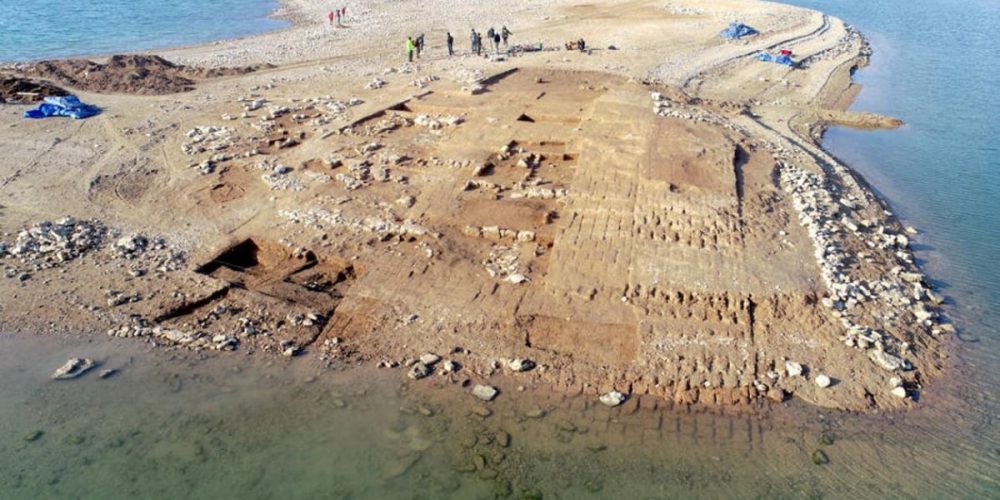
The drought that has hit Iraq has exposed the ruins of a 3,400-year-old city and allowed archaeologists to carry out excavations.
The uncovered ruins of a 3,400-year-old city are probably the remains of the ancient centre of Zakhik. The city, discovered near the Mosul Dam in the Nineveh Governorate, was part of the Mitanni Empire. This was an ancient state founded by the Hurrites in the northern parts of Mesopotamia and Syria in the 2nd millennium BC.
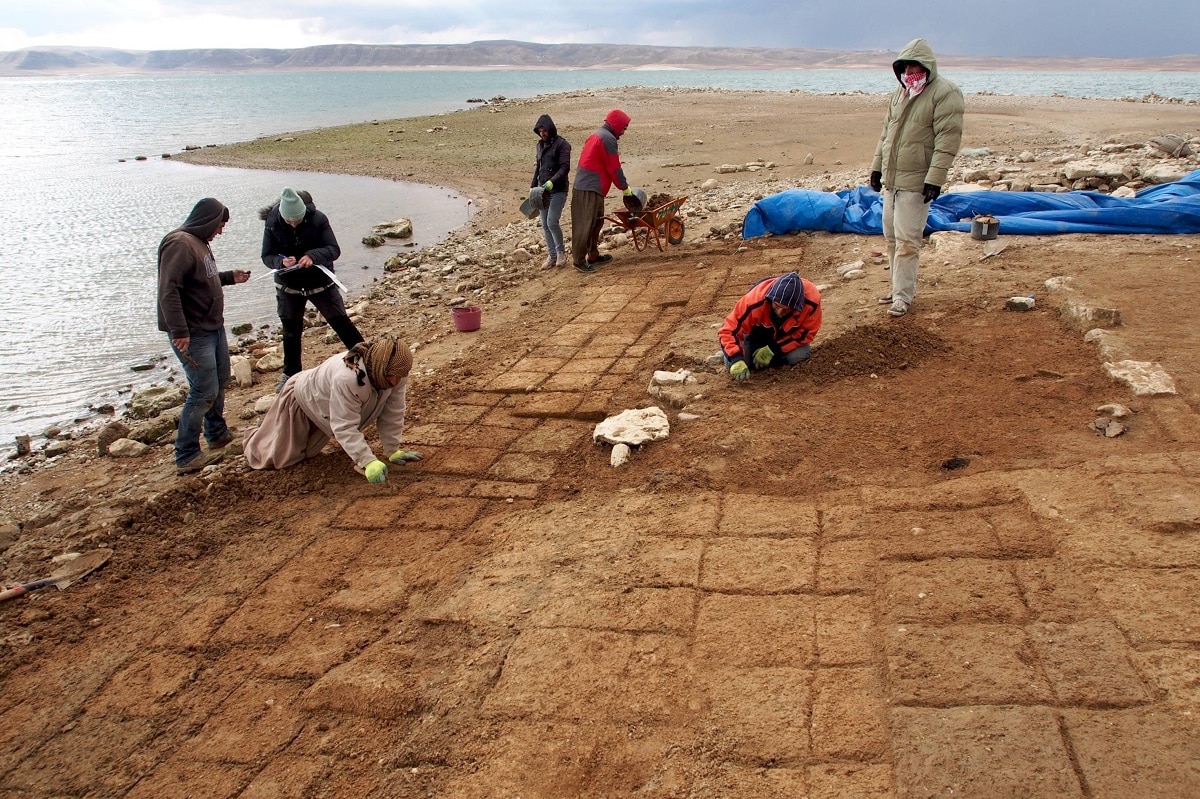
Thanks to a massive drought, a team of German and Kurdish archaeologists have discovered the ruins of an ancient city that emerged from under the water. The water level , which had receded rapidly, revealed a vast urban complex. At a site called Kemune, the researchers identified a palace and several large buildings.
Climate change is being felt very strongly in Iraq. The southern part of the country in particular has been suffering from extreme drought for many days. Therefore, in order to save agricultural crops, water has been systematically drained from the Mosul reservoir for six months. Since huge quantities of water have been drained from the reservoir, it has been possible to see what is at the bottom of the reservoir for the first time in several decades.
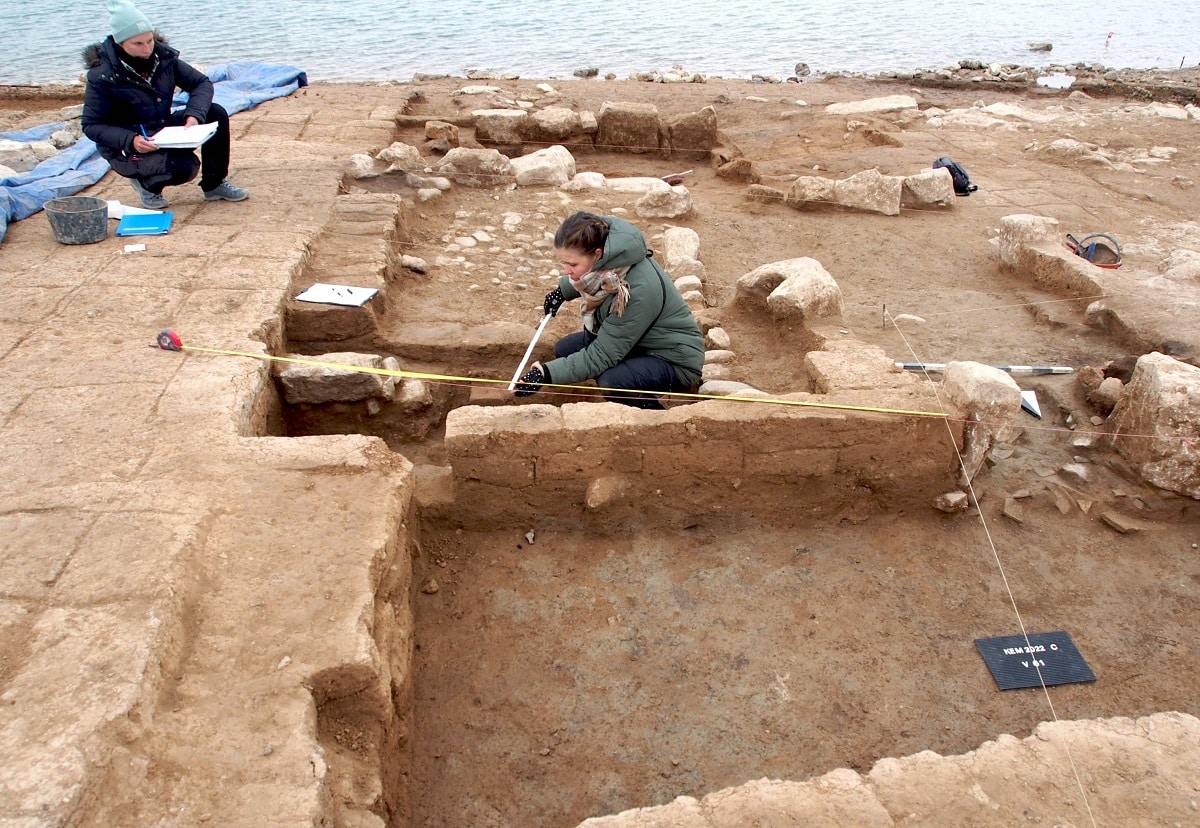
A city that archaeologists date to the Bronze Age has emerged on one of the banks of a reservoir, in Kemune in the Kurdistan Region of Iraq. The ruins were underwater decades ago before scientists could examine them and carry out archaeological work on the site.
This turn of events has provided archaeologists with a unique opportunity to try and unlock some of the secrets of the ancient ruins. Investigating and documenting this remarkable site could prove crucial to a better understanding of the region’s history. That’s why a team of German and Kurdish archaeologists decided to act swiftly to make the most of the remaining time before water covers the ruins again.
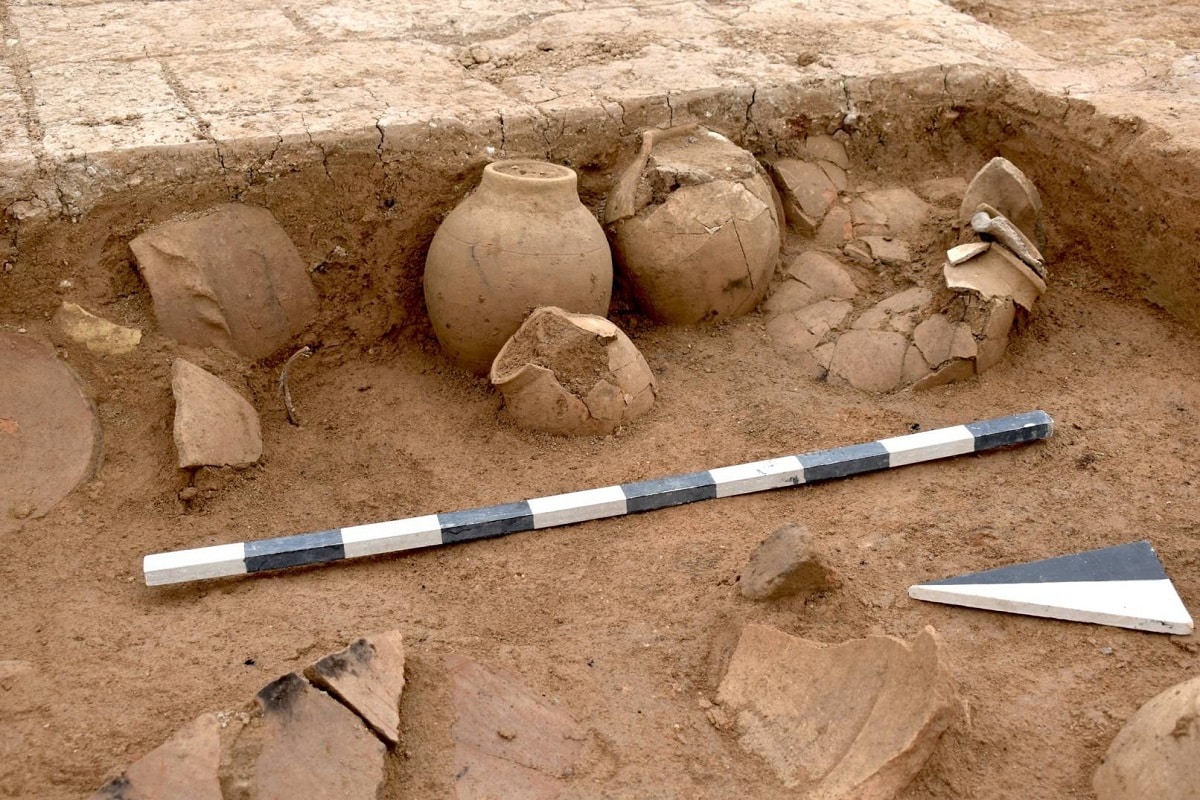
As a result, researchers from the Kurdistan Archaeological Organisation (KAO) and the University of Freiburg and the University of Tübingen began excavations together. They carried out their work in January and February 2022 in cooperation with the Directorate of Antiquities in Dohuk, Kurdistan Region-Iraq. The work was led by Kurdish archaeologist Dr. Hasan A. Qasim, director of KAO, and German archaeologists Dr. Ivana Puljiz and Professor Peter Pfälzner.
In no time at all, the researchers formed an archaeological team and obtained funding. Under enormous time pressure, the scientists carried out excavations, trying to save and document as much as possible. The work was carried out under unusual conditions, as it was not known when the water would rise again and cover the ruins of the ancient city.
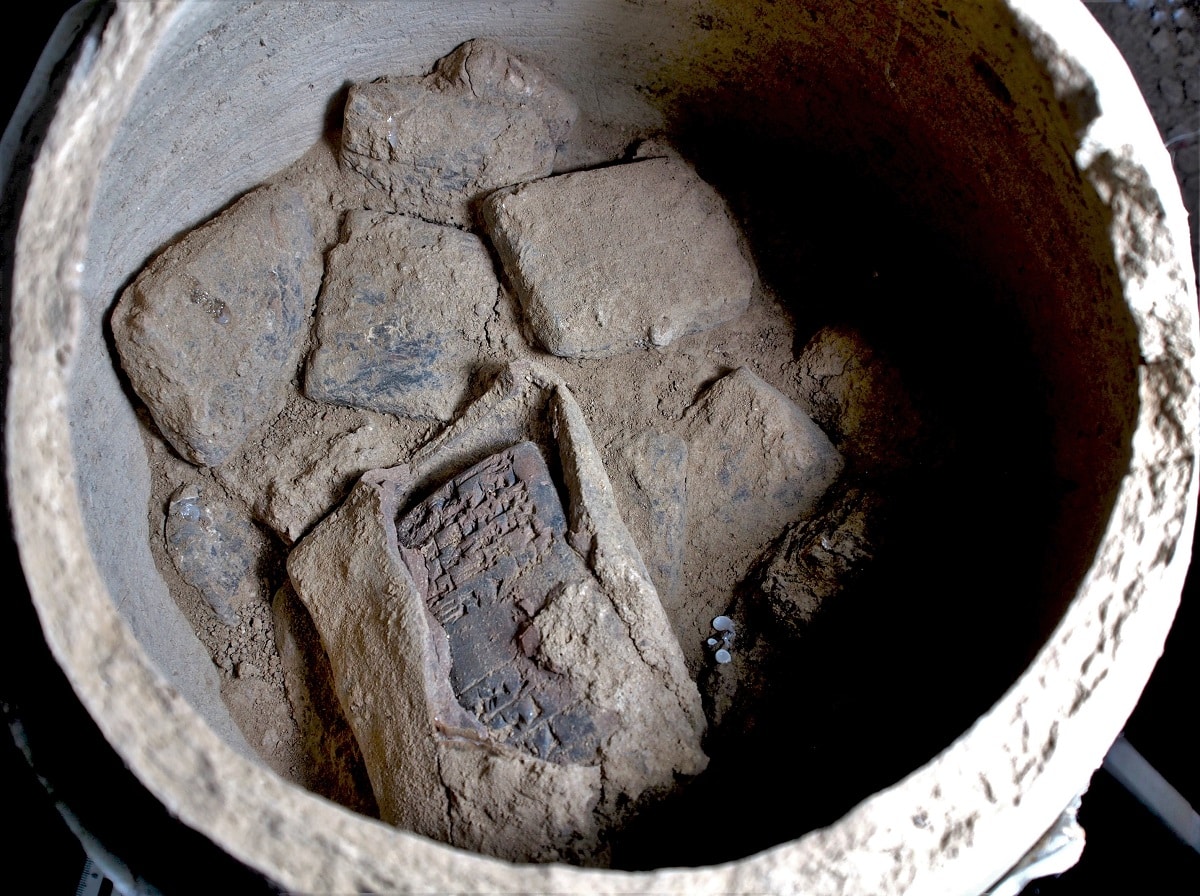
Archaeologists have succeeded in largely reconstructing the plan of the city. In addition to the palace, several large structures were discovered, including massive fortifications with a wall and towers, a monumental multi-storey warehouse building and an industrial complex. The researchers also determined that this massive urban complex dates back to the Mitanni Empire (c. 1550-1350 BC). What particularly surprised the archaeologists were the well-preserved walls of the buildings, which are sometimes several metres high.
Archaeologists called the discovery of five ceramic vessels containing more than 100 cuneiform tablets a particularly important discovery. These date from the period just after the earthquake that destroyed the city. Interestingly, some of the tablets, which may be letters, were preserved together with clay envelopes.
Undoubtedly, the fact that cuneiform tablets, made of unfired clay, have survived so many decades underwater borders on the miraculous – said Dr Peter Pfälzner.
According to available information, the city was destroyed by a massive earthquake around 1350BC.


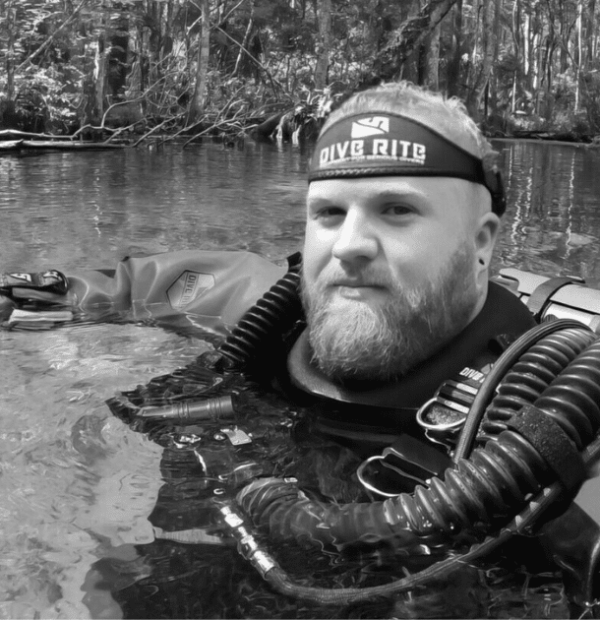

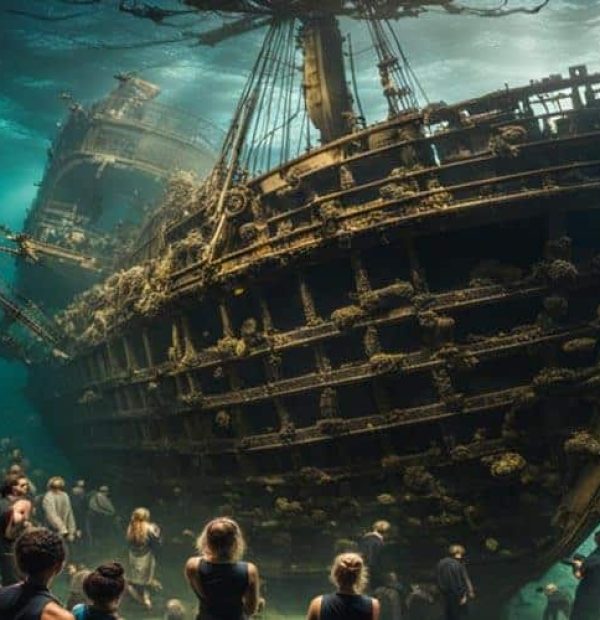
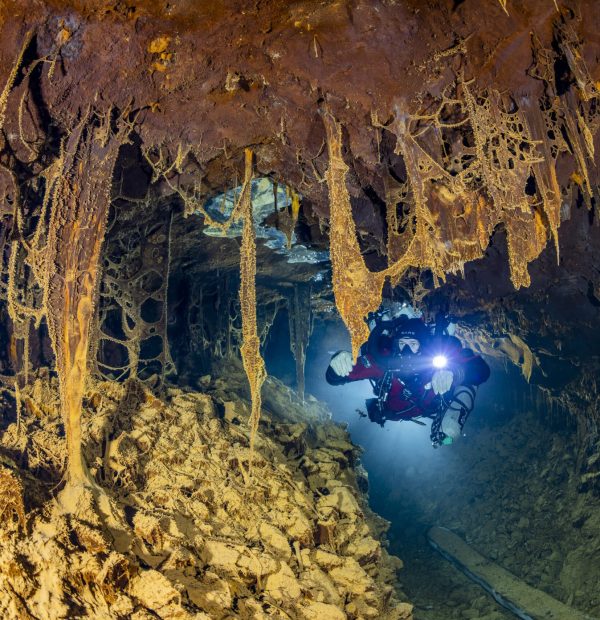
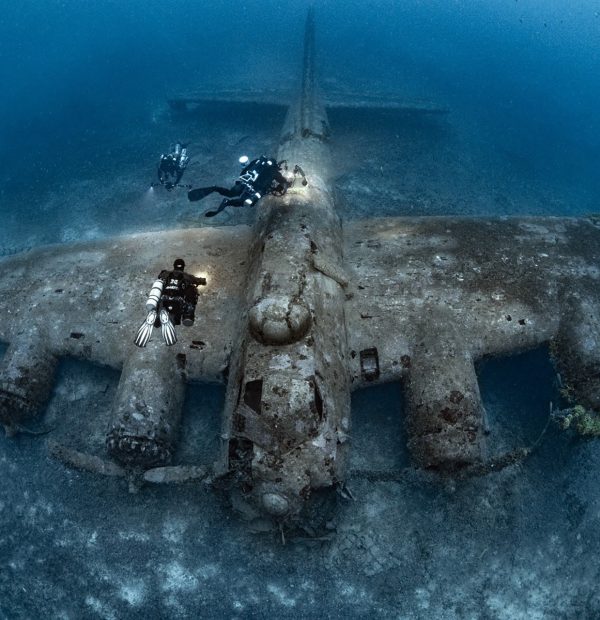
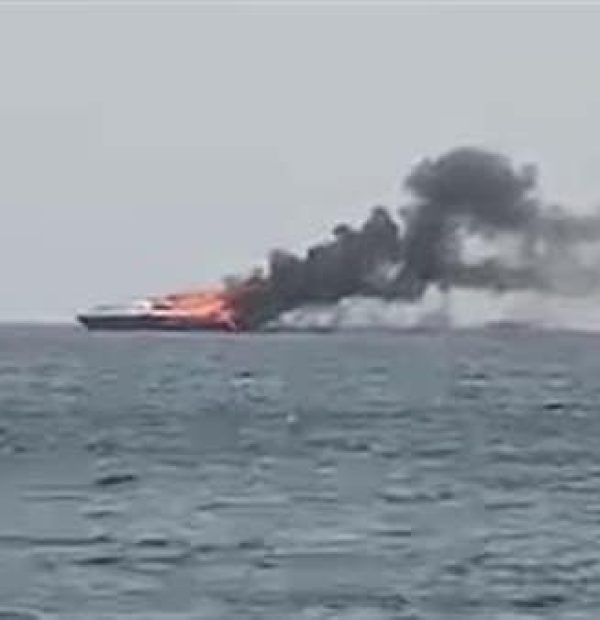
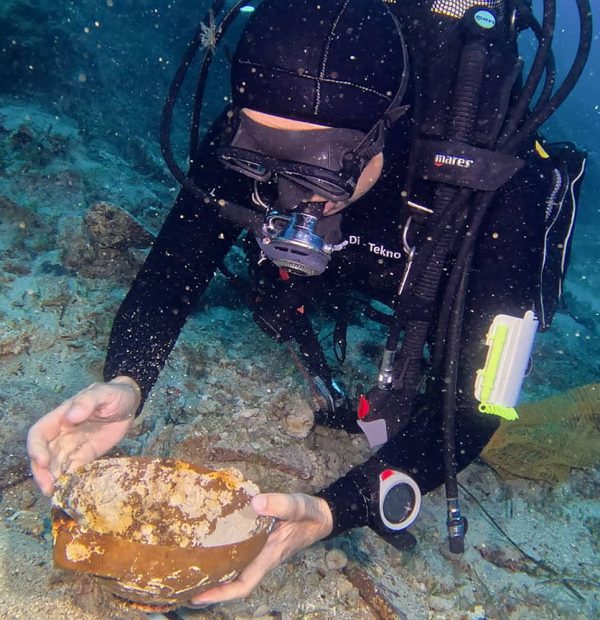

Welcome to DIVERS24.COM, your daily source of scuba news, freediving, scuba diving information, and equipment reviews. Our comprehensive coverage of the dive industry from A to Z provides you with all the latest scuba news, training updates, underwater photography tips, and everything else related to scuba diving. Whether you’re a beginner or an experienced diver looking for more knowledge about scuba gear or techniques – we’ve got it covered! With our in-depth articles written by experienced divers who have been there and done that, you are sure to find exactly what you need here at Divers24.com. Dive into scuba news today!
Underwater Media Sp. z o.o.
Szafarnia 11/F8,
80-755 Gdansk, Poland
Welcome to DIVERS24.COM, your daily source of scuba news, freediving, and scuba diving information. Sign in for a weekly news update and discount coupons for dive gear and apparel.
@2023 - underwatermedia.pl. All Right Reserved. Designed and Developed by Tworzenie stron internetowych Gdansk

The Divers24 portal is currently the largest online medium treating diving in Poland. Since 2010 we have been providing interesting and important information from Poland and around the world on all forms of diving and related activities.
Contact us: info@divers24.com